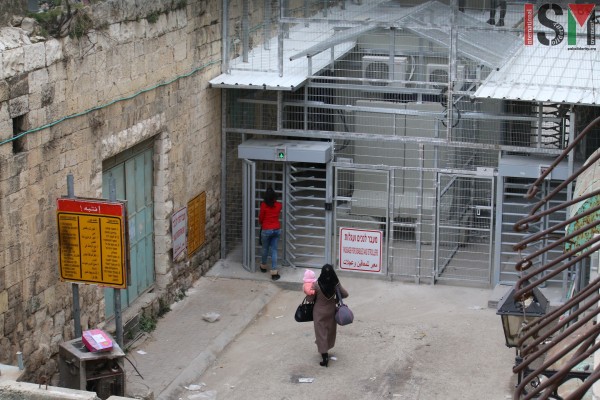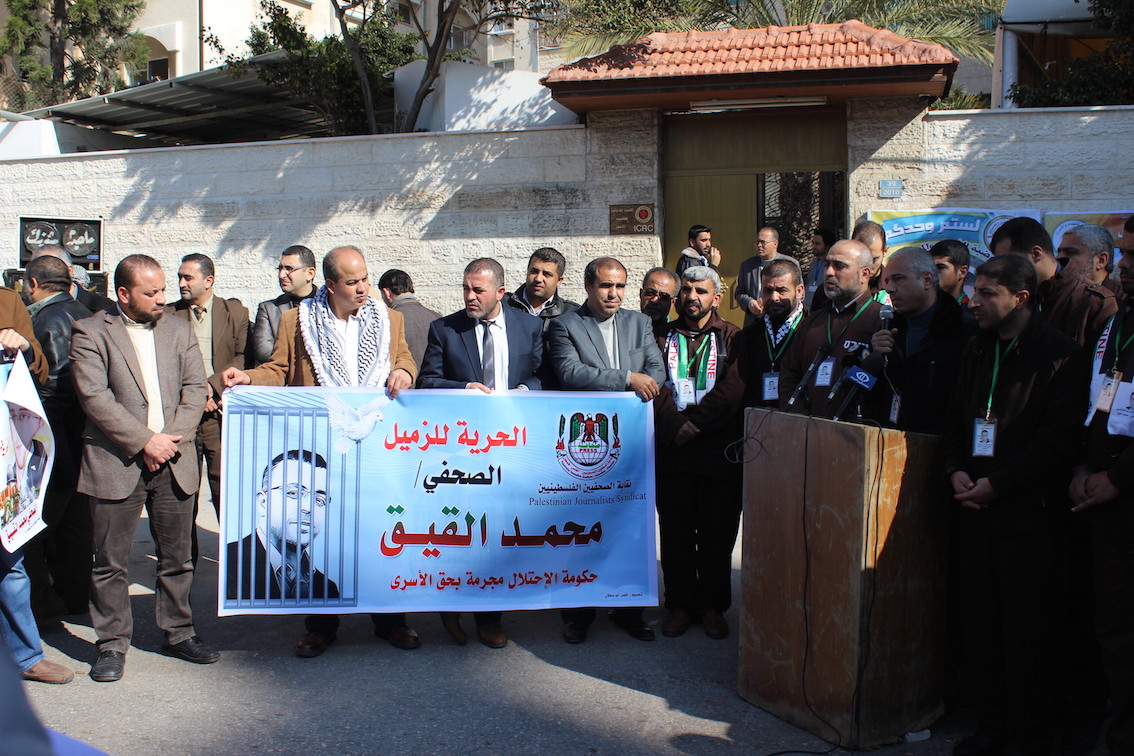Category: Features
-
Three new homes will be demolished in Jerusalem
7th February 2016 | International Solidarity Movement, Ramallah Team | South Jerusalem, occupied Palestine Yesterday, on Saturday February 6th, we visited the house of 49 year old, Salah Abukaf, who lives in the neighborhood of Sur Baher in occupied South Jerusalem, and two days ago received a house demolition order. Last year, on September…
-
Closed military zone in Shuhada Street and Tel Rumeida extended yet another month
6th February 2016 | International Solidarity Movement, Al-Khalil Team | Hebron, occupied Palestine Since the 1st of November 2015 the Tel Rumeida area and Shuhada Street in occupied Al-Khalil (Hebron) have been declared a ‘closed military zone’. The first declaration of the closure was for one month, but since then the order has been extended…
-
Support for political prisoner, Mohamad AlQueeq, after more than 70 days of hunger strike
4th Feburary 2016 | International Solidarity Movement, Gaza Team | Gaza, occupied Palestine Yesterday there were several events in Gaza supporting the Palestinian political prisoner Mohamed AlQeeq, who is actually in the 72nd day of hunger strike and has lost his sight and hearing. Moataz Dalul, spokesman for the prisoners, stressed that “Mohamed AlQeeq is…



